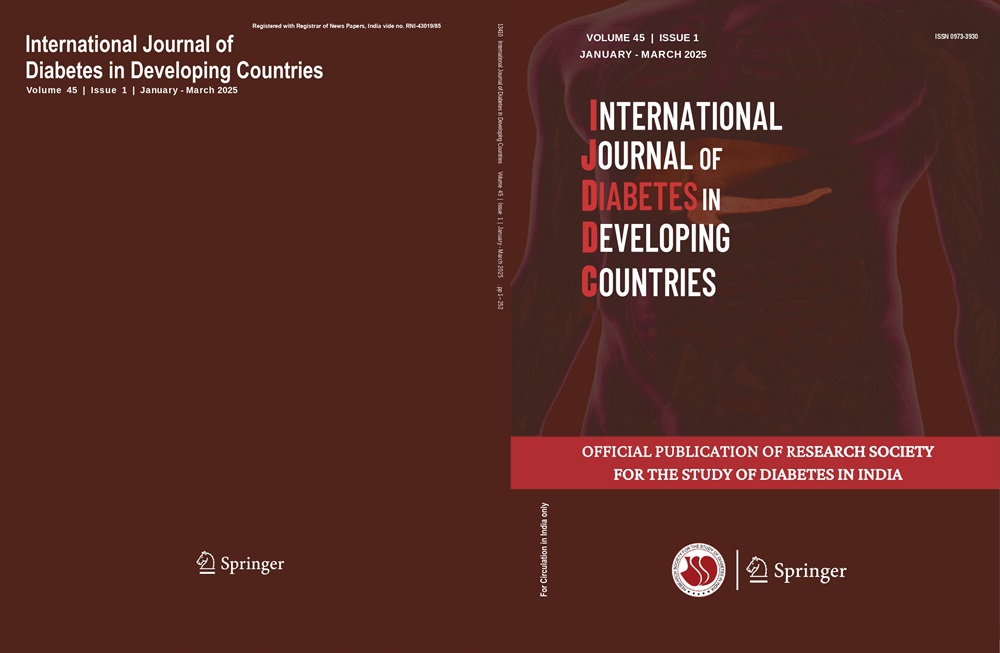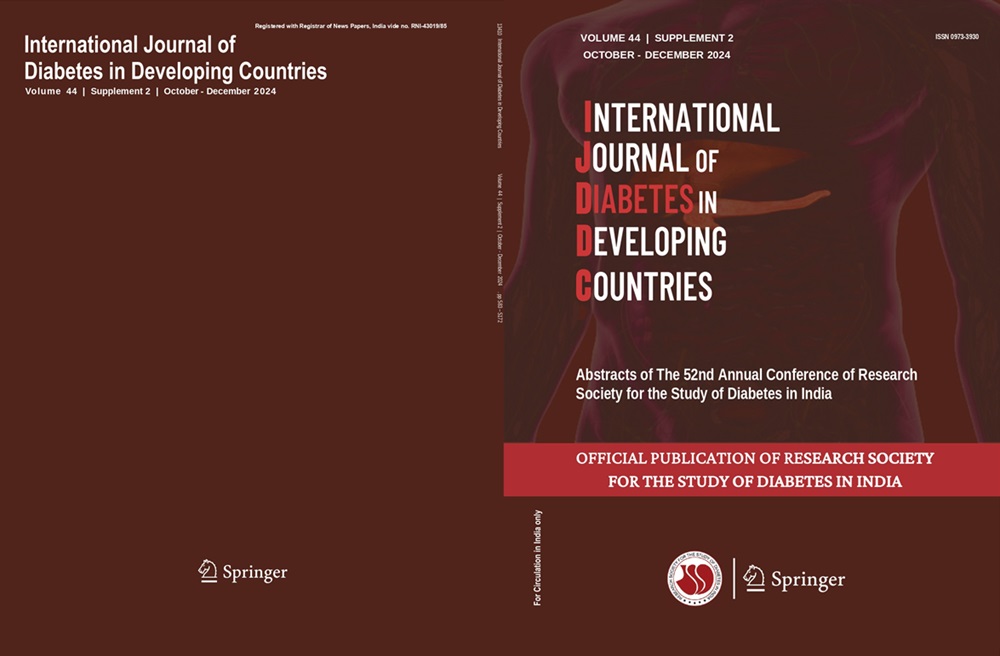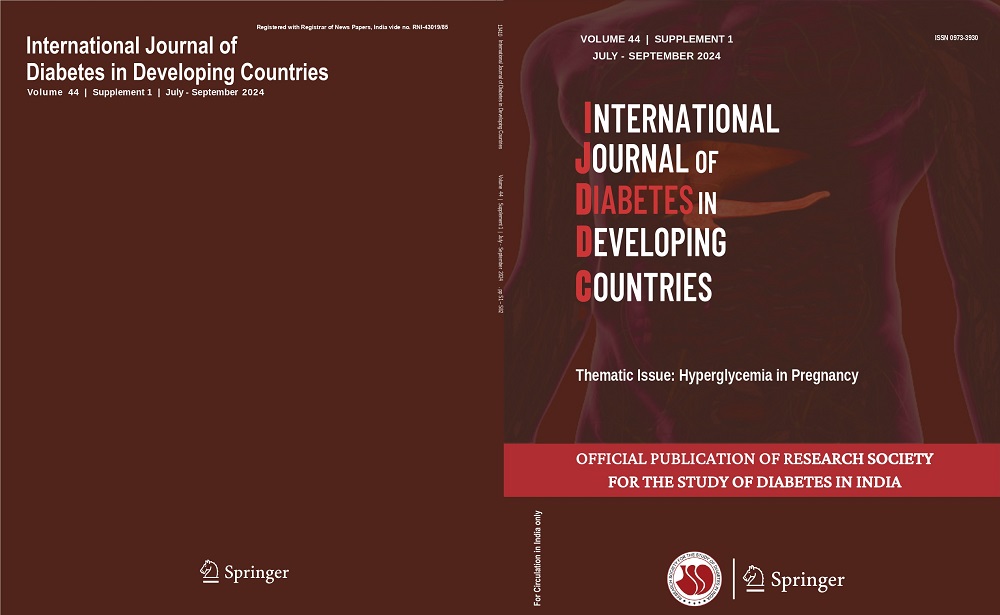Shuichi Okada, Kazuya Okada, Junichi Okada, Koji Kikkawa, Eijiro Yamada, Tsugumichi Saito, Tetsuro Andou, Kihachi Ohshima
To the Editor:
Oral semaglutide is a glucagon-like peptide-1 (GLP-1) receptor analog to control the plasma glucose level of patients with type 2 diabetes mellitus (T2DM) by increasing insulin secretion from pancreatic β cells and reducing glucagon secretion from the pancreatic α cell [1]. It has not been thoroughly studied yet whether oral semaglutide reduces low-density lipoprotein (LDL) cholesterol levels. As a result, we investigated whether oral semaglutide reduces LDL cholesterol levels in patients with T2DM.
Study participants included those who went to our hospital in 2022. Exclusion criteria included type 1 diabetes mellitus (T1DM) and patients with T2DM already treated with
injection type of glucagon-like peptide-1 receptor agonist (GLP-1 RA). Furthermore, patients who could not keep taking oral semaglutide because of severe effect such as nausea were excluded. A total of 54 subjects were included in this study. However, 4 patients could not keep taking oral semagutide because of nausea. As an add-on, oral semaglutide was recommended. Initially, a one-month prescription for oral semaglutide 3 mg/day was written. Thereafter, 7 mg/day of oral semaglutide was prescribed. The final patient number was 50 (38 men and 12 women, mean age 55.9 ± 11.1 years).
Dipeptidyl peptidase-4 inhibitors, sodium-glucose cotransporter 2 inhibitors, sulfonylurea, glinido, α-glucosidase inhibitors, GLP-1 RA, biguanide, peroxisome proliferator activated receptor-gamma agonist and insulin were prescribed 13%, 79%, 20%, 10%, 13%, 5%, 38%, 5%, and 6%, respectively. Drugs for hyperlipidemia were prescribed to 18% of patients and antihypertensive medications to 19% of patients. Those medications were not changed through this clinical study. Clinical data were compared before starting oral semaglutide and 6 months after the initiation of oral semaglutide either 7 mg/day......Read More




